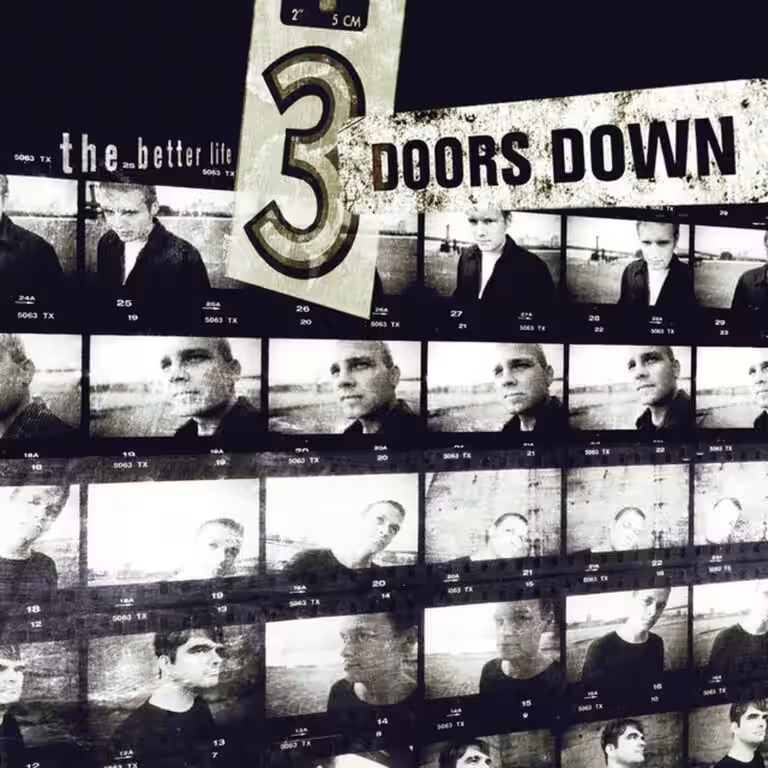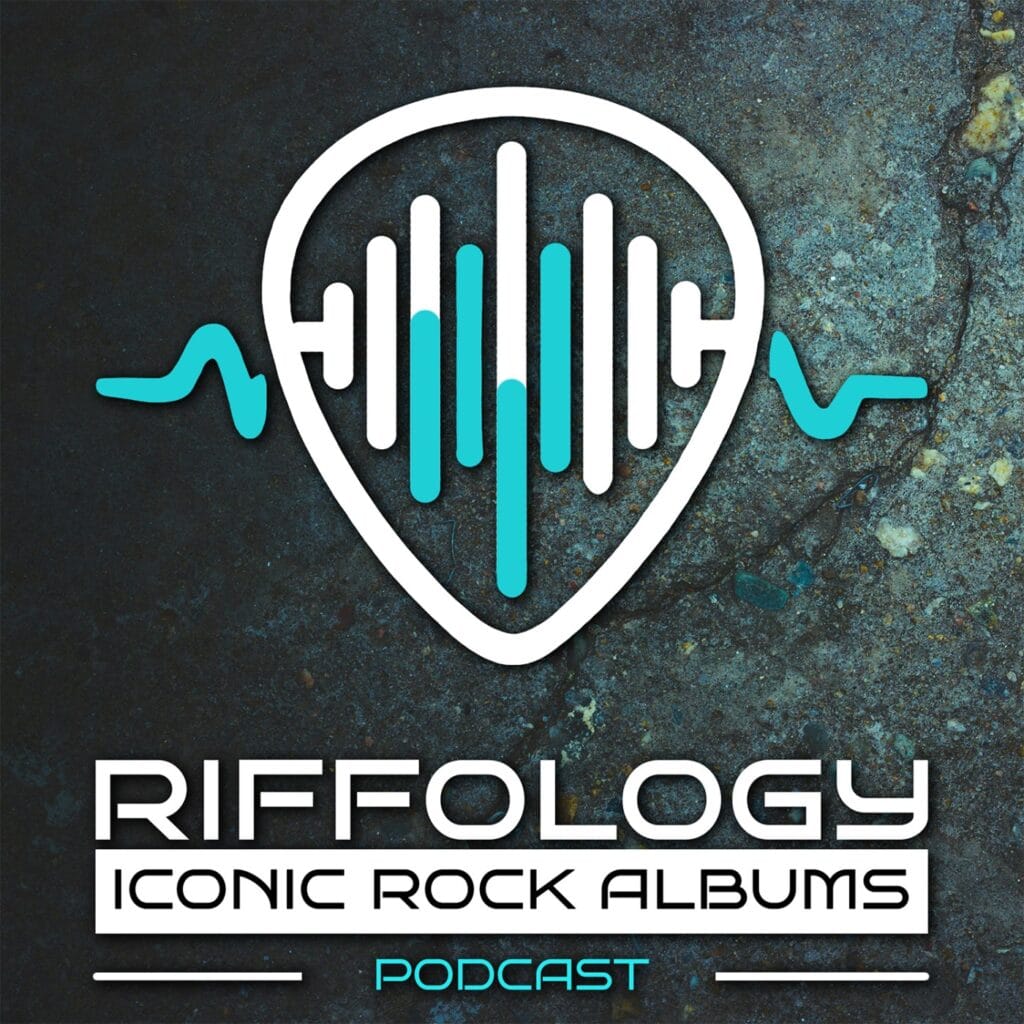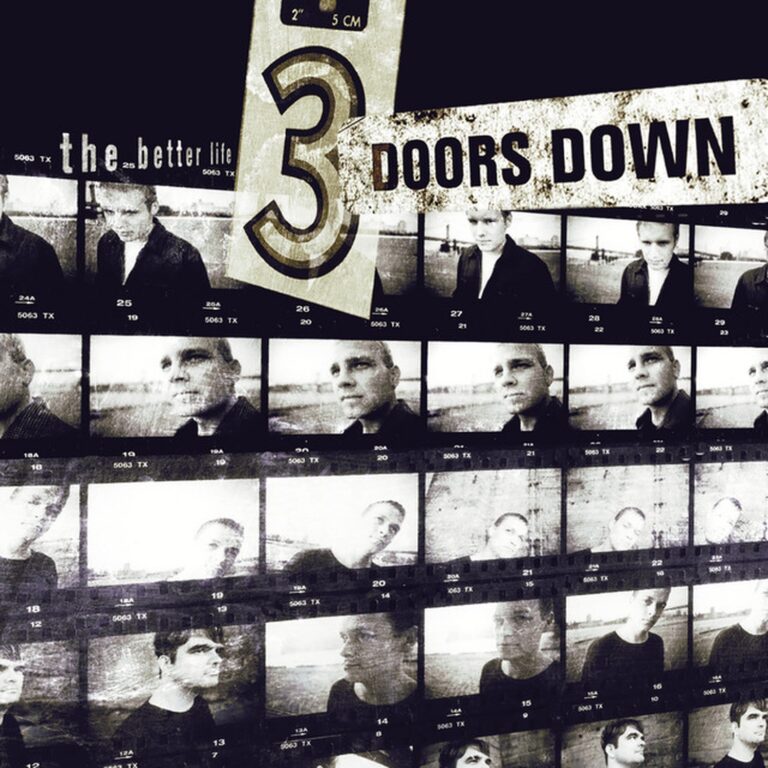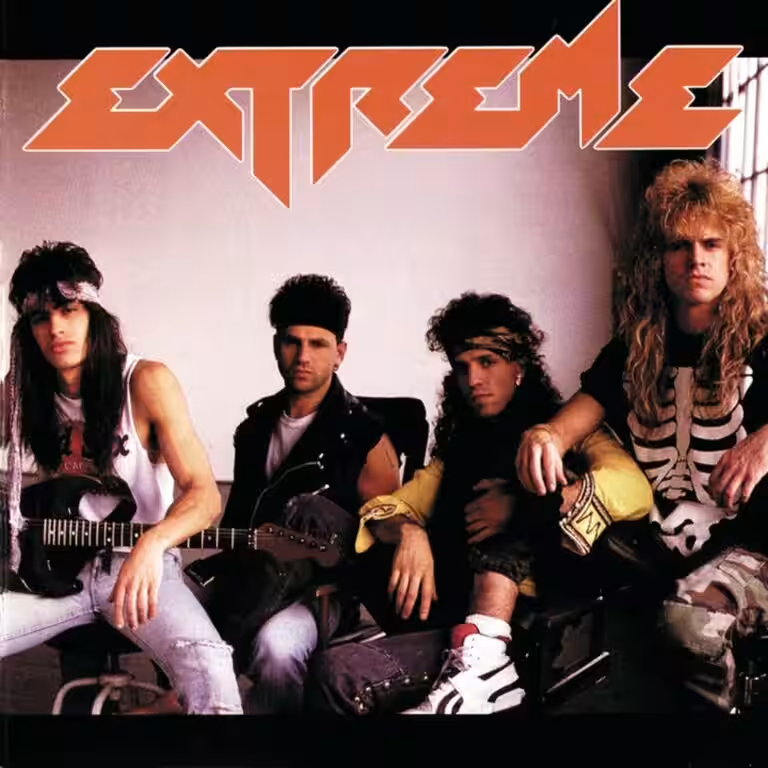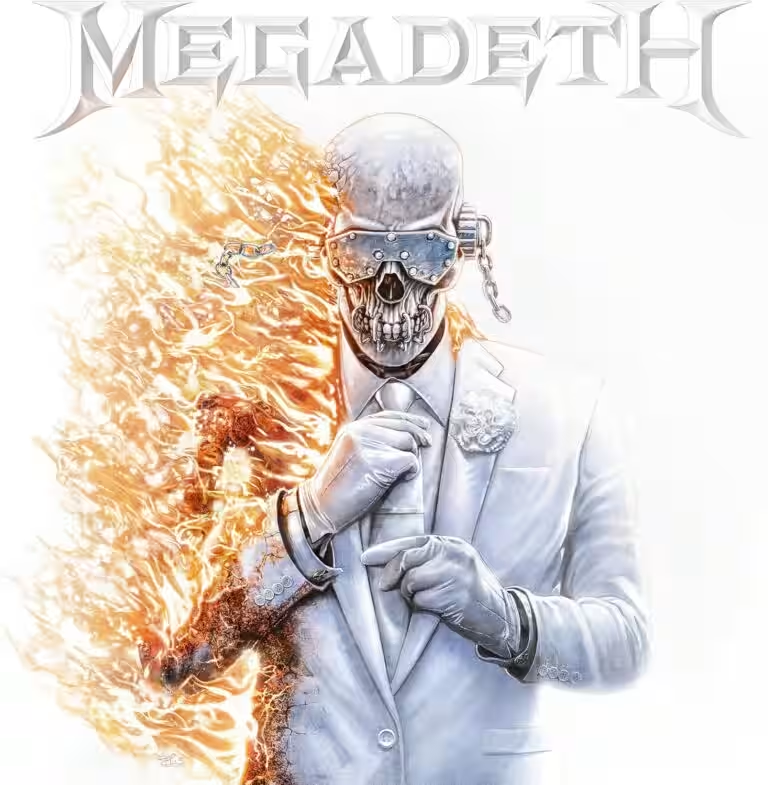(previously known as The Monster Shop, previously known as The Doghouse)
Welcome to Riffology, you’re probably wondering what’s going on and why all of this stuff is here? Well, let me tell you a story…
In the beginning there was a local radio show called The Doghouse on Derby Sound Community Radio. Chris and Neil played banging rock and metal tunes that virtually nobody heard but they had a bloody great time doing it all the same. After a while, Chris and Neil decided they wanted to branch out a little and so created a new show on Spotify called The Monster Shop. This didn’t have any of the constraints of local radio, they could play what they liked, the shows could be as long or short as they liked and they didn’t need a music license because of Spotify’s awesome music+talk concept. Happy days…
Just as the boys were settling into their new home on Spotify, the suits in charge at Spotify decided that they needed to make more money and music+talk was too expensive, so they were going to close it down. Bad times…
Undeterred the boys decided to venture into the world of podcasting and setup the Hopeland podcast, which was nothing to do with Music at all and would be a clean break. They got bored of this quite quickly and realised that they could do a podcast show about the Rock albums that they loved. So, that’s what they did and the Monster Shop was born again as a podcast. Happy days…
Until Meta and Google algorithms got confused about what The Monster Shop was, Meta would routinely limit our accounts for going against their community standards by trying to sell people things by deception (we’ve never had a store) and Google never really understood and so didn’t send any traffic. Which mean’t nobody could find the show. Then, one frosty morning, the boys had the idea of Riffology, it would be exactly the same as The Monster Shop but hopefully Meta and Google wouldn’t get so confused. Happy days!
And this dear reader, is where you find us today. What? I didn’t explain why there are hundreds of blog posts about iconic albums here? Well, the story behind those is much simpler. Neil loves facts and has a tiny memory and so way back from the Doghouse days he used to write a sheet about the artists and albums that were being played on each show so he could entertain listeners with interesting facts. This obsession with ‘the sheet’ grew throughout the history of the show until Neil decided it would be easier just to dump them in a blog rather than just write them up and delete them every week. This site is basically that brain-dump of information about albums we’ve either covered on the podcast or have talked about covering.
Who are Chris and Neil?
Neil Johnson – A metalhead at heart, Neil was born in the 70s and loves everything metal has brought with it, from hair to extreme death. By day, he works in IT, but his true passion lies in the music he listens to daily.
Chris Baldwin – An alt rock pop punk fan, Chris was born in the 80s and plays every instrument known to man. He’s been somehow involved with every band within a 100-mile radius of the studio in Swadlincote and has heard things you wouldn’t believe.
Whether you’re a lifelong fan or new to these genres, our podcast offers an engaging and insightful journey through the music that defines generations.
If you liked any of the content on the site, or you’re just curious, the last few podcast episodes are here:
/

Remember when payday meant choosing which CD or vinyl you were blowing it on? Standing in HMV doing the mental maths, convincing yourself two albums was basically essential. Riffology is Neil and Chris chasing that feeling again, one classic record at a time.
This is a show about the albums that raised us —
Nirvana, Pearl Jam, Motley Crue, Def Leppard,
Iron Maiden, Megadeth, Pink Floyd, Radiohead,
Skunk Anansie, Gojira, Soulfly and the rest.
If it’s 25+ years old, loud and iconic, we’re in.
Each episode is two Gen X mates diving into studio sessions, producer chaos and band drama plus the joy of taped-over cassettes, dodgy car stereos and sitting on the floor with a record sleeve.
We nerd out when we should: Albini vs Vig, room-miked vs close-miked,
Neve consoles, dynamic-range disasters and those “how did this get approved?” moments.
If you grew up when albums were events, this is your place. Some weeks it’s an old favourite; other weeks it’s something you abandoned in ’94. Either way, Riffology’s here to talk rubbish, tell stories and remind you why these records mattered.
When Mississippi Kids Storm the Stratosphere
Hosts: Neil & Chris
Duration: ~98 minutes
Release: February 2026
Episode Description
This week, Neil and Chris dive into Three Doors Down’s 2000 debut The Better Life, an album that captured American radio rock at its peak. Released just as the CD era crested, this record sold 7 million copies and launched four singles into rotation, yet somehow feels like the most approachable rock album of its generation. The hosts explore how these small-town Mississippi teenagers went from playing four songs on repeat at local bars to recording at legendary Ardent Studios, all while drummer Brad Arnold doubled as lead vocalist because nobody else wanted the job.
The episode arrives as both a 26th-anniversary celebration and a tribute to Brad Arnold, who passed away in February 2026. Through interviews with the band and deep listening to tracks like “Be Like That” and “Kryptonite,” Neil and Chris unpack what made this album resonate so widely, from its radio-ready production to its earnest storytelling about addiction, aspiration, and small-town life.
What You’ll Hear:
- How “Kryptonite” was written in algebra class and took two years to sell its first thousand copies
- The unique challenge of Brad Arnold drumming and singing simultaneously on the entire album
- Why the production still sounds exceptional on everything from cheap earbuds to high-end systems
- The band’s overnight transformation from obscurity to arena tours after one radio station took a chance
- Critical reception versus commercial reality in the post-grunge landscape
Featured Tracks & Analysis:
Neil champions “Be Like That” as the album’s storytelling peak, praising its sharp acoustic guitar production and emotional depth. The hosts dissect “Loser,” written about a friend’s addiction struggles, and discuss how its 21-week run at number one on rock radio actually cemented the band’s longevity more than their massive hit “Kryptonite.” They analyze the album’s consistent sonic fingerprint, thick guitar crunch balanced with space for bass, all designed for maximum radio translation.
Tangential Gold:
- Rally driving etiquette, Colin McRae’s unlicensed helicopter adventures, and the proper Swedish response to rolling a car
- Bob’s tank in the garage and the local newspaper photo that followed
- Why teenagers with stolen diggers targeting cash machines was a genuine IT crisis in the early 2000s
- The bitter disappointment of discovering red and black Fruit Pastels have disappeared from the local shop
- How rock stars get dumped at the roadside after tours and why addiction fills the gap
Why This Matters:
The Better Life represents a specific moment when regional scenes could still break nationally through radio, when bands could be simultaneously massive and humble, and when production served songs rather than spectacle. This episode captures both the album’s underdog charm and the price of sudden success, honoring Brad Arnold’s legacy while celebrating a record that’s aged far better than its critical reception suggested.
Perfect for: Post-grunge enthusiasts, fans of American rock radio’s golden era, anyone interested in how small-town bands navigated sudden fame, and listeners who appreciate when hosts value tangential conversation as much as album analysis.
You can find us here:
- Blog: https://riffology.co
- All Episodes: https://podkit.riffology.co/podcast
- iHeart: https://www.iheart.com/podcast/1323-riffology-iconic-rock-alb-176865775
- Apple: https://podcasts.apple.com/gb/podcast/riffology-iconic-rock-albums-podcast/id1691556696
- Spotify: https://open.spotify.com/show/1LIU9mein7QMw346q20nyy
- X: https://x.com/RiffologyPod
- Bluesky: https://bsky.app/profile/riffology.co
- Facebook: https://www.facebook.com/riffology
- Email: [email protected]
